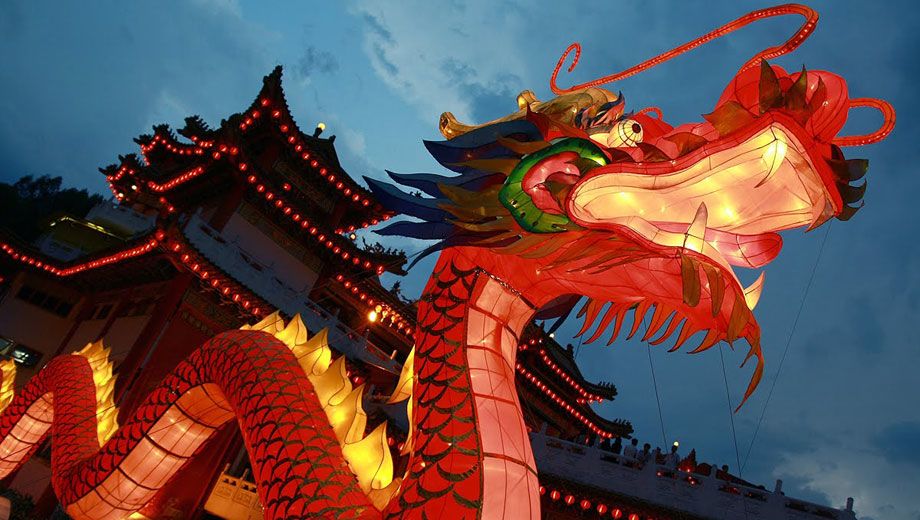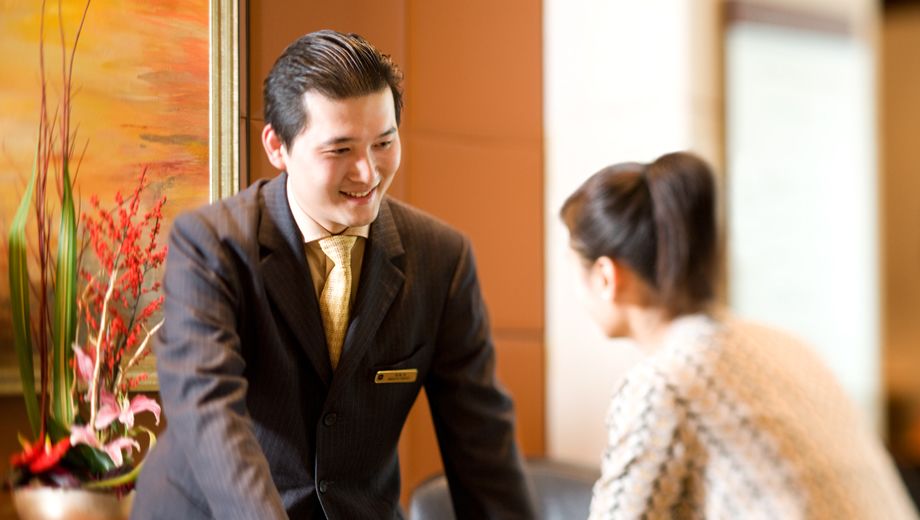For your business contacts in Hong Kong and China – and people of Chinese heritage around the world – Chinese New Year is a milestone event with far greater cultural significance than the 'traditional' new year of our Western calendar.
Chinese New Year also provides smart business owners and road warriors with an opportunity to reinforce and even improve their relationships with Chinese clients and suppliers.
It's not just "Chinese New Year"
What's best known as Chinese New Year is celebrated in many other Asian countries and cultures including Vietnam, Korea, Taiwan and Japan, and is more accurately known as the Lunar New Year.
The Chinese New Year period doesn't neatly sync up with the Western calendar: for 2016, it takes place on Monday February 8, with celebrations running through to 'Lantern Day' on February 15.
2016: The Year of the Monkey
Each Chinese New Year is assigned to one of 12 animals from the Chinese zodiac, and 2016 is the Year of the Monkey.
People born in the Year of the Monkey are characterised as quick-witted, curious, innovative and mischievous – but it is also believed to be one of the most unlucky years in the Chinese calendar.
Chinese New Year: when to visit
Chinese New Year celebrations centre mainly around family, with many Chinese nationals travelling to be together during this time.
As a rule, avoid travelling to China for business across the CNY period – most companies will be closed and employees away with their families, often in other cities.
You’ll also want to reconsider travel in the week prior (from January 31) if your contacts are primarily manufacturing-based as some will already be away on holidays, and will be busy in the two weeks following the celebrations (until the end of February).
That’s because it’s not uncommon in China for workers to depart for the New Year holidays but then ‘silently’ never return afterwards, and so assuming your contacts are at a management level, they’ll likely have their hands full trying to find and train new staff in their business.
Instead, visiting in January or later in March shows that you understand and respect their local culture and customs, and for extra brownie points on ‘New Year’-themed trips, make them in January over March – Chinese customs also favour being early.
Chinese New Year: what to do
After arriving in China, be sure to offer a cheerful ‘Happy New Year’ when greeting your contact, and even if you don’t speak the local language, saying just this phrase in Chinese it can also help build or further your rapport.
In Latin characters ‘Happy New Year’ becomes ‘X?nnián kuàilè’ (????) in Chinese, which you’d pronounce as shin-nian kweye-ler.
Place as much emphasis on delivering this greeting as you would when giving someone a gift – which is also usually acceptable at New Year.
Chinese New Year: choosing a gift
Gifts aren’t necessary but can be another way to reinforce your positive working relationship, or to symbolise ‘well done’ for a recent endeavour.
As with any business gift in China, avoid giving anything too costly or too inexpensive: lean too far to the former and you risk it coming across as a bribe, and too far to the latter and you’ll be seen as being cheap and that the relationship isn’t worth much to you.
For visits to larger offices with many staff, safer bets are something that can be shared or enjoyed by all. Food is an easy one here, particularly with an Australian tie such as Haigh’s or Cadbury chocolates, and given in a respectable quantity which somehow involves the number eight.
Eight being a lucky number in China, look to eight of something for small offices, 18 of something for mid-sized operations and 88 for larger enterprises with significantly more staff.
Flowers are also acceptable in eight-centric quantities but avoid white as this symbolises death and mourning, and yellow – unless you’re a true expert on Chinese culture – as this can sometimes, but not always, also represent death, as can the colours blue and black.
As with your gift wrap, red is a safe choice if in doubt as it represents luck, wealth and prosperity.
Inviting your contact out for a meal is also acceptable but if they’ve previously hosted you for lunch or dinner, it’s best to reciprocate in a similar style and class. For example, if you were treated to an upmarket restaurant on your last visit, don’t take them somewhere ‘cost-effective’.
Chinese New Year: gift giving etiquette
Along with being careful as to the colour of your wrapping or gift, also avoid giving cash, a clock or watch (which symbolises the time left until death), a fan (representing parting or separation) or a green hat which has a sexual implication.
Once you’ve navigated those waters and chosen something appropriate, present your gift with two hands but expect your contact to politely decline twice or even three times before eventually accepting it, which shows humility on their part.
If they continue to decline, respond politely such as “certainly, I completely understand” and retain the gift – otherwise when it’s accepted, it will be placed to one side and opened in private after you’ve left.
Should you receive a gift in turn, either immediately or on your next visit, accept it also with two hands and again wait until later to open it.
It’s also common to be asked what you’d like to receive as a gift, so in this instance lean towards something both modest and Chinese, such as tea, to round-out the great impression you've just left.
Also read: 8 secrets to doing business in China
Follow Australian Business Traveller on Twitter – we're @AusBT



Qantas - Qantas Frequent Flyer
20 Mar 2012
Total posts 116
Thank you Chris, very useful.
Singapore Airlines - The PPS Club
14 Nov 2013
Total posts 40
Good article, i always respect the traditions and culture of any country im visiting. CNY can be very frustrating as some businesses will shut down for over a week, even in countries like Singapore i have issues with suppliers as they lose their drivers for 2 weeks, even here in Australia if you have staff that are of chinese background they will take annual leave for 3 weeks or more to go back home. You have to learn to adapt and make do during this period.
Hi Guest, join in the discussion on Building better business relations with Chinese New Year